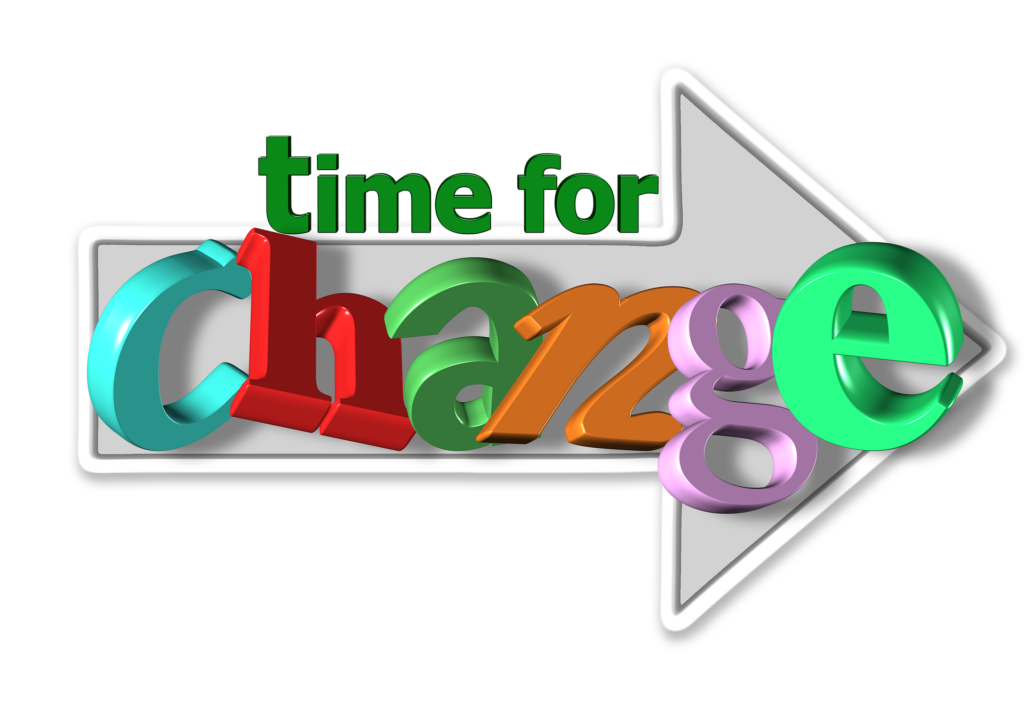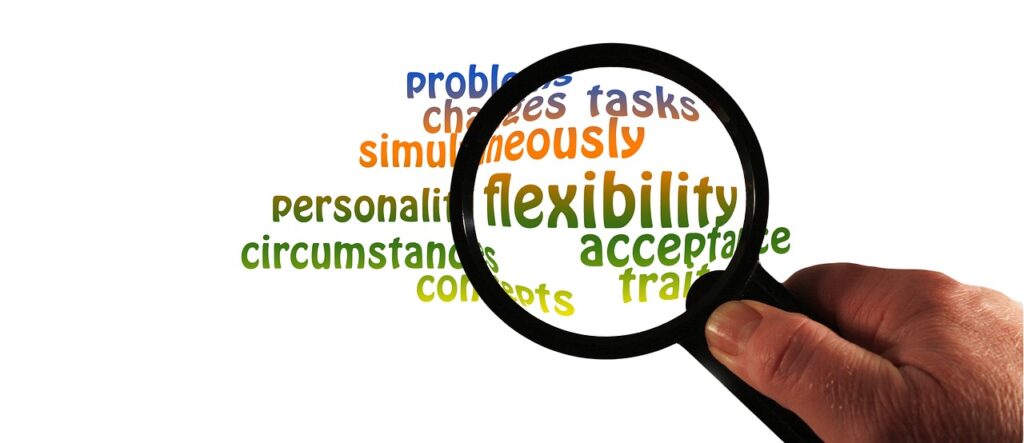Written by Howard S. Farkas
Reviewed by Nancy Eichhorn
“When you change the way you look at things, the things you look at change” (Max Planck).
 “I don’t care, I’m just gonna do it.”
“I don’t care, I’m just gonna do it.”
“It feels good to break the rules.”
“Now it’s me time.”
I’ve heard my inner voice utter these statements more than once; typically involving food and wine. According to Howard Farkas, these sentiments align with his transgressive model of emotional eating: feeling driven to engage in behaviors that feel subversive and doing them despite negative consequences or guilt (p.94). Emotional eaters, he says, live with a recurrent pattern of having an unwanted urge to eat; they are preoccupied and conflicted about it, yet act on it anyway.
I’ve read more books that I care to count dealing with disordered eating and drinking. The information at times insightful but never provided the answer I needed. I hesitated to read Farkas book, 8 Keys to End Emotional Eating, assuming it was one in the same. I was going to skim it to write a short review. And, being me, I started to read. Farkas nailed it. I finally found my missing piece, the crux of my self-destructive behavioral motivation. It makes sense. It feels right.
According to Farkas, unwanted/overeating is a behavior caused by an emotional response to experiences that are interpreted as controlling (pg. 136). Reading 8 Keys to End Emotional Eating, I learned that unwanted eating/emotional eating is a form of psychological reactance: the tendency to react against any outside control over our behavior; an instinctive reaction to any unsolicited influence that feels like a limitation to our freedom (94).
After reading this book, I see how my history of unwanted/emotional eating and, in my perspective unwanted drinking, has been a defiant response to feeling controlled (p.3). There’s a deep-seated feeling in my being, a result from a lifetime of feeling controlled that triggers an internalized conflict between the need to feel accepted and the need for autonomy.
Farkas’ intention is to help readers stop emotional eating and establish a healthy mental attitude toward food. He includes unwanted overeating as well as binge eating disorder and bulimia in his discussions. Farkas describes what emotional eating is and what drives it. He explains how you can stop, and how you can adopt a more normal and enjoyable pattern of eating. Precise data is supported by case examples—composites of narratives shared by Farkas’ clients over the past 15 years. At the end of each Key (chapter), there are questions to consider, space to write the answers.
Just to be clear, this is not a diet book nor nutritional guide. There are no eating plans, no good foods or bad foods. In the book’s forward, Babette Rothschild, the Series Editor for the 8 Keys to Mental Health series, author of The Body Remembers, Volumes 1 and 2, defines this as a “life book” written to help readers change their relationship with food and with themselves (xiii).
Per the series guidelines, there are eight keys to address the given issue. I offer a brief glimpse into each.
Key 1: Get a Fix on Emotional Eating. This section explains what emotional eating is, the different terms used throughout the book, and the types of behaviors and thinking patterns emotional eaters engage in. Farkas outlines four typical personality profiles then aligns them with case examples. There’s a self-assessment at the end of this Key to determine where you fit.
I appreciate his take on four typical personalities, and I found it more useful when he discussed the commonalities between them because I resonated with parts of all four. The commonalities all spoke to me: the need to restrict what they eat (dieting or not); attempting to control some feared behavior or emotion they believe will threaten their status or relationships; view their emotional state as a ticking time bomb that must be defused or disabled; failing that they detonate in a controlled implosion (i.e. overeating) to release the pent up energy (p. 37).
Key 2: Break the Diet Mentality. Farkas explains how our bodies are adapted to determine what, when, and how much we want to eat. His intention here is to help readers learn how to regain their judgement and intuition about eating and how to stop trying to manage their body via dieting and food selection. Diets, he says, are counterproductive. Normal eating is about moderation through self-regulation (mindful control) not self-restraint (whether by portion control, hunger control) (p. 69).
Key 3: Be Strategic About Control. This key offers strategies to affect our eating routines and food choices. Behavioral and mental habits are discussed and exercises to modify them are offered.
Key 4: Understand the Motive. Here, Farkas discusses motives for emotional eating and obstacles that get in the way of stopping. He explains the Transgressive Model and then adds that in many instances we pressure our ourselves. While we think we’re pushing back against feeling controlled, we’re often the ones who are pushing to excel, to succeed, to lose the weight, to be perfect, to be loved, to be enough.
Farkas notes that having to cope with all the different stressors in our lives can create a sense of being captured, contained, restrained beyond our control. Eventually the intensity is going to move beyond what we can manage. Unrestrained behaviors result as a counterweight to the impending or recently concluded period where we felt our personal freedom curtailed, felt controlled and powerless, trapped in ways that limited our ability to direct our own choices (p. 92).
To stop any unwanted behavior, Farkas explains, we must understand what it brings into our life in the first place. Binge eating may not rank high on our conscious behavior scale, but there’s some part of us that we’re not fully aware of but it’s there nudging, offering, compelling . . . if we listen to this side’s point of view, we can work from a place of united efforts rather than be in an antagonistic no-win war.
Key 5: Resolve the Conflict. This key focuses on how to resolve this internalized conflict. Rather than try to win the war, Farkas offers ways to negotiate with both sides, first by accepting that at one point both were offering to help in their own way. With negotiation, Farkas says we can reduce the conflict and restore internal balance thus the defiant eating is no longer necessary.
Key 6: Boost Your Coping Skills. Farkas discusses the three types of psychological coping: emotion focused, problem-solving (i.e. challenging your assumptions about the cause of the problem, examine underlying causes, take a cooperative approach to finding a solution), and reappraisal or cognitive reframing and flexibility (first you need to recognize and question automatic assumptions about how perceiving events then consider possibilities, other ways of looking at it that might eliminate or reduce stress). He highlights quick-fix coping strategies that often make the matter worse. According to Farkas, focusing on short term relief can intensify the need for emotional eating. Binge eating often starts as a way to seek immediate relief from feeling stuck or restricted with limited solutions that turn into severe problems (p. 127). Per Farkas, learning how to cope is more helpful than avoidance and abstinence (p. 143).
Key 7: Cue Your Reasoning. This section looks at perceptions and how they are distorted by the way we filter our experiences. Farkas offers readers a chance to look at filters that trigger them, to slow down, be mindful to choose other ways of interpreting events in their lives.
Key 8: Accept Yourself and Thrive. The final key provides ideas that can help readers put the changes offered in this book into action and make them practical and sustainable for the rest of their lives. He writes about four areas of acceptance: yourself, your own authority, the change process, the urge.
Two take away statements from this Key:
The ultimate source of conflict is your own belief that you’re not acceptable as you are and that you need to change (p. 153).
Meet in the middle zone of moderation; normal eating requires recognizing the space between all and nothing (p. 154).
8 Keys to Ending Emotional Eating offers insights into emotional eating that I have not read/heard before. The information is easy to read, a personable, engaging writing style. The content detailed, well informed, and supported with clinical examples. I appreciated the exercises and the space in the book to write responses. And I also think, having lived with multiple forms of disordered eating most of my life, that no one can make the necessary changes alone on the pages of a book. I see this book as part of a healthy therapeutic relationship with a therapist who resonates with you, who feels into, senses into your struggle and offers the support you need to both come to awareness of and appreciate your past and then take the next steps to make changes for a healthier relationship with food and with yourself.
Howard Farkas, PhD, is a clinical psychologist specializing in the treatment of emotional eating. He is the founder and president of Chicago Behavioral Health, LLC, and Clinical Instructor of Psychiatry and Behavioral Sciences at Northwestern University’s School Feinberg School of Medicine. He is a member of the Academy of Eating Disorders and of the International Association of Eating Disorders Professionals.
 Nancy Eichhorn, PhD is an accredited educator with a doctorate in clinical psychology, specializing in somatic psychology. Her current projects include publishing Somatic Psychotherapy Today, work as a writing mentor, workshop facilitator, freelance writer, and editor. Her writing resume includes over 5,000 newspaper and magazine articles, chapters in professional anthologies, including About Relational Body Psychotherapy and The Body in Relationship: Self-Other-Society. She is an avid hiker, kayaker, and overall outdoor enthusiast. Nature is her place of solace and inner expression.
Nancy Eichhorn, PhD is an accredited educator with a doctorate in clinical psychology, specializing in somatic psychology. Her current projects include publishing Somatic Psychotherapy Today, work as a writing mentor, workshop facilitator, freelance writer, and editor. Her writing resume includes over 5,000 newspaper and magazine articles, chapters in professional anthologies, including About Relational Body Psychotherapy and The Body in Relationship: Self-Other-Society. She is an avid hiker, kayaker, and overall outdoor enthusiast. Nature is her place of solace and inner expression.
Photo Credits
Time for Change: Gerd Altmann from Pixabay
Question marks: Arek Socha from Pixabay
Stop: ElisaRiva from Pixabay
Magnifying Glass: Gerd Altmann from Pixabay
Woman: Gerd Altmann from Pixabay
Solution/Problem: Gerd Altmann from Pixabay
Believe: Gerd Altmann from Pixabay












